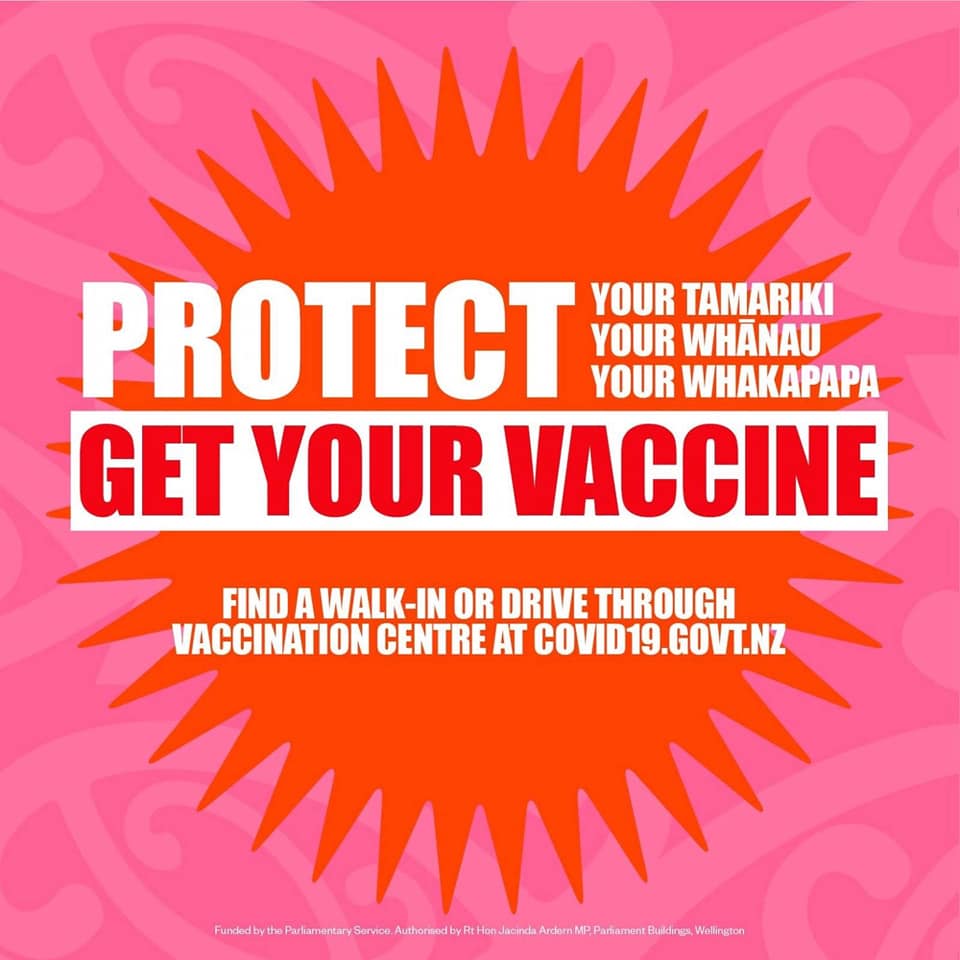Do You Need Income Protection Insurance? Yes (But Also Maybe Not)
Your ability to earn money is your biggest asset. What happens if you lose that ability? How long can you last without income?
In the last five years, one in seven households in NZ have experienced a serious illness event. This resulted in significant financial hardship for many families. One income earner being unable to work for three months or more results in the loss of income and erosion of savings (and stability) unless there’s significant savings or planning. But this is simply not the case—20% of NZ households don’t even have enough savings to cover expenses for one week, let alone a longer term. At four weeks, 55% of households would have run out of sick leave, annual leave, and their savings would have run out.
What is Income Protection Insurance?
If you couldn’t work for a long term period due to illness or accident, income protection insurance ensures that there is some level of income for your household. Every year, thousands of people in NZ are suddenly unable to work. If that happened to you, could you survive? And for how long?
This insurance is designed to cover your main source of income in case you’re unable to work.
Do You Really Need Income Protection Insurance in NZ?
If your income stopped, could you pay the rent or mortgage, and all the other bills?
If the answer is- nope, we’d be on the streets, then maybe it’s worth considering income protection insurance. But, depending on the plan, it can be expensive, so it’s worth looking into to assess if the benefits are worth it.
- There is a stand-down period before payments start, the shorter the period, the more expensive the policy
- Some health conditions will make premiums more expensive
- Most policies won’t cover the full income, only a percentage. The higher the percentage, the more expensive the policy
- Income protection insurance is more expensive for those who are self-employed and those working in trades (higher risk)
- Some policies are for a limited time, maybe only a few months or years. If you want full cover up until retirement age, the premiums will be much higher
If you aren’t too worried about this because you think that the NZ health or ACC system will bail you out, think again.
- The heath system only covers your medical costs- and not every pharmaceutical, only those covered by Pharmac.
- ACC is for accidents and injury, not illness. Four out of five long term absences are due to illness- in which case, they are not covered. Moreover, ACC will pay for medical costs and physiotherapy for instance, but only 80% of your income. Also, if there’s a pre-existing condition, then cover will likely be denied.
- Sickness benefits usually have a stand-down period before kicking in, are means-tested, and also are a very small amount—you cannot rely on the government to support you.
- Sick leave and annual leave will only cover so much. A short term solution, but then you’d be left without income- a long term problem.
- There is critical illness and trauma insurance, and that tends to pay out a one-off lump sum if you are diagnosed with a certain illness (such as cancer) or suffer a debilitating health event like a heart attack. This is not ongoing.
- There is also life insurance, which is a one-off payout upon death or diagnosis of a terminal illness.
None of these options will give you the level of income you need for as long as you want. This is why there’s income protection insurance.
Who Should Get Income Protection Insurance?
There are a few scenarios where you should seriously consider some form or level of income protection insurance.
- If you are self-employed. It’s unlikely you’ll have sick or annual leave
- If you don’t have a supportive family, or a family that’s financial able to support you
- If you are main breadwinner in the house and your salary pays most or all of the bills
Who Doesn’t Need Income Protection Insurance?
There are a few people who don’t need income protection insurance.
- You have substantial savings that would cover leave for an extended period
- You have a family that could support you and your family for an extended period
- You can survive without your main source of income, for instance if there’s sufficient salary from another adult in the house
Steps to Get Income Protection Insurance
First, you want to speak to your trusted financial adviser as they can help you compare all the different policies and plans, and sort out which is best for you. It could be that you get a plan that piggybacks on your existing plans, as you may be able to get discounts if all your insurance is with one provider. Your adviser can also make sure that you’re comparing apples with apples, such as:
- Length of cover, is it for months, years, until you retire, or until death? Short term policies generally cover up to two to five years. Is that long enough to make plans, pay off the mortgage, and get yourself in a financially secure position?
- Any wait time before the policy kicks in. Income protection doesn’t start until sick pay is finished, so there’s no point paying for insurance to start after four weeks if your sick leave will pay out for ten weeks.
- Is redundancy covered? Usually, it is not.
- Percentage of cover, i.e. will it cover 60, or 80% of your income?
- Any pre-existing conditions that will make your policy more expensive (or void it)
- Self-employed people may have to pay more for cover. However, if you don’t have the luxury of sick pay or staff to cover your role, then income protection insurance may be your only option
You can compare quotes using online tools too, but it’s not always easy to compare or make sense of the finer details of the policies on offer – claim time is the worst time to discover you haven’t got the cover you need.
Can You Do Anything Right Now?
In the meantime, get saving. Whether you want to get income protection insurance or not, the number one thing to ensure you have is have an emergency savings buffer. This gives some respite while you scramble to come up with a solution, and adjust your lifestyle. If you do get income protection insurance, a savings buffer will still be important as you can have a longer stand-down period which makes your policy more affordable. If protecting your current and future lifestyle is important to you, contact us at Smart Adviser to find the best solution for you.








